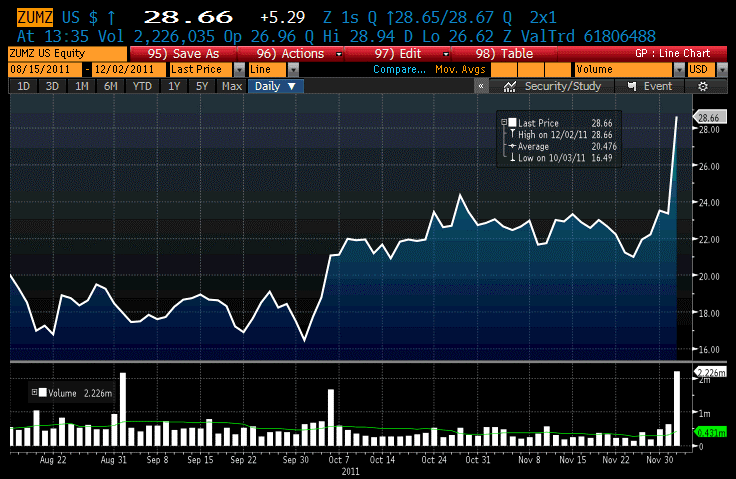Ladies and gentlemen, the Vice-President and I are very pleased to welcome you to our press conference. Let me wish you all a Happy New Year. We will now report on the outcome of today’s meeting of the Governing Council.
Based on its regular economic and monetary analyses, the Governing Council decided today to keep the key ECB interest rates unchanged, following the 25 basis point decreases on 3 November and 8 December 2011. The information that has become available since early December broadly confirms our previous assessment. Inflation is likely to stay above 2% for several months to come, before declining to below 2%. At the same time, the underlying pace of monetary expansion remains moderate. As expected, ongoing financial market tensions continue to dampen economic activity in the euro area, while, according to some recent survey indicators, there are tentative signs of a stabilisation in activity at low levels. The economic outlook remains subject to high uncertainty and substantial downside risks. In such an environment, cost, wage and price pressures in the euro area should remain modest and inflation rates should develop in line with price stability over the policy-relevant horizon. Overall, it is essential for monetary policy to maintain price stability over the medium term, thereby ensuring a firm anchoring of inflation expectations in the euro area in line with our aim of maintaining inflation rates below, but close to, 2% over the medium term. Such anchoring is a prerequisite for monetary policy to make its contribution towards supporting economic growth and job creation in the euro area. A very thorough analysis of all incoming data and developments over the period ahead is warranted.
The provision of liquidity and the allotment modes for refinancing operations will continue to support euro area banks, and thus the financing of the real economy. The extensive recourse to the first three-year refinancing operation indicates that our non-standard policy measures are providing a substantial contribution to improving the funding situation of banks, thereby supporting financing conditions and confidence. In addition, we are actively working towards the implementation of all the measures announced at our December meeting, which should provide additional support to the economy. As stated on previous occasions, all the non-standard monetary policy measures are temporary in nature.
Let me now explain our assessment in greater detail, starting with the economic analysis. Real GDP in the euro area grew by 0.1% quarter on quarter in the third quarter of 2011. At present, a number of factors seem to be dampening the underlying growth momentum in the euro area. They include moderate global demand growth and weak business and consumer confidence in the euro area. Domestic demand is likely to be dampened by the ongoing tensions in euro area sovereign debt markets, as well as the process of balance sheet adjustment in the financial and non-financial sectors. At the same time, we continue to expect euro area economic activity to recover, albeit very gradually, in the course of 2012, supported by developments in global demand, very low short-term interest rates and all the measures taken to support the functioning of the financial sector.
In the Governing Council’s assessment, substantial downside risks to the economic outlook for the euro area continue to exist in an environment of high uncertainty. They notably relate to a further intensification of the tensions in euro area debt markets and their potential spillover to the euro area real economy. Downside risks also relate to the global economy, protectionist pressures and the possibility of a disorderly correction of global imbalances. With regard to price developments, euro area annual HICP inflation was 2.8% in December 2011, according to Eurostat’s flash estimate, after 3.0% in the preceding three months. This decline was expected and reflects a downward base effect stemming from energy prices. Inflation rates have been at elevated levels since the end of 2010, mainly driven by higher energy and other commodity prices. Looking ahead, they are likely to stay above 2% for several months to come, before declining to below 2%. This pattern reflects the expectation that, in an environment of weaker growth in the euro area and globally, underlying cost, wage and price pressures in the euro area should remain modest.
The Governing Council continues to view the risks to the medium-term outlook for price developments as broadly balanced. On the upside, the main risks relate to further increases in indirect taxes and administered prices, owing to the need for fiscal consolidation in the coming years, and possible increases in commodity prices. The main downside risks relate to the impact of weaker than expected growth in the euro area and globally.
Click here for the full transcript











